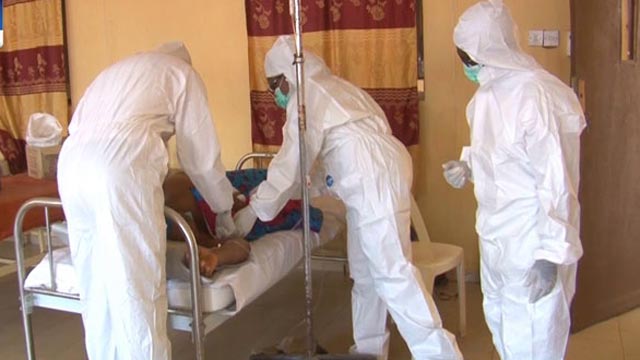A surge in Lassa fever fatalities has emerged as a critical concern in Nigeria, with health authorities reporting 152 deaths in the first 28 weeks of 2025. The Nigeria Centre for Disease Control and Prevention (NCDC) disclosed this week that the case fatality rate rose to 18.7%, up from 17.3% during the same period last year, even as confirmed infections dropped slightly to 811 cases. Over 6,500 suspected cases have been reported across 21 states, with Ondo, Bauchi, Edo, Taraba, and Ebonyi states bearing the heaviest burden.
“While total confirmed cases show a modest decline compared to 2024, the rising death toll demands urgent attention,” the NCDC stated in its latest epidemiological report. Health officials attribute the higher mortality rate to delayed medical care, inadequate access to treatment, and persistent gaps in public awareness. In the week ending July 14, 11 new cases and one death were recorded in Ondo, Edo, and Benue states, with young adults aged 21–30 accounting for the majority of infections. No healthcare workers were affected during this period.
Response efforts have intensified in high-transmission zones, including the deployment of 10 rapid response teams adopting a coordinated “One Health” strategy that addresses human, animal, and environmental health linkages. Clinical trials to improve treatment protocols are underway in Ondo, while healthcare staff in Bauchi, Ebonyi, and Benue have undergone specialized training. Partnerships with organizations such as the World Health Organization and Nigeria Health Watch have bolstered sanitation campaigns and community education initiatives. The NCDC also rolled out a digital training platform for infection control and distributed critical supplies—including antiviral drugs, protective gear, and disinfectants—to treatment centers.
Persistent challenges threaten progress, however. Late hospital admissions, fueled by limited health literacy and treatment costs, remain a key driver of fatalities. Poor waste management in affected communities and insufficient rodent control efforts further complicate containment. “The difference between life and death often lies in early detection,” the agency emphasized, urging residents to seek care immediately for symptoms like fever, headache, or unexplained bleeding.
Lassa fever, an acute viral illness spread through contact with infected rats or bodily fluids of sick individuals, has plagued West Africa for decades. Nigeria’s seasonal outbreaks typically peak between December and April, but cases now persist year-round in some regions. Health experts stress that curbing the disease requires sustained investment in sanitation infrastructure, affordable healthcare, and community-led prevention strategies. The NCDC has advised the public to store food securely, maintain clean environments, and contact its toll-free hotline (6232) for guidance on suspected cases.
